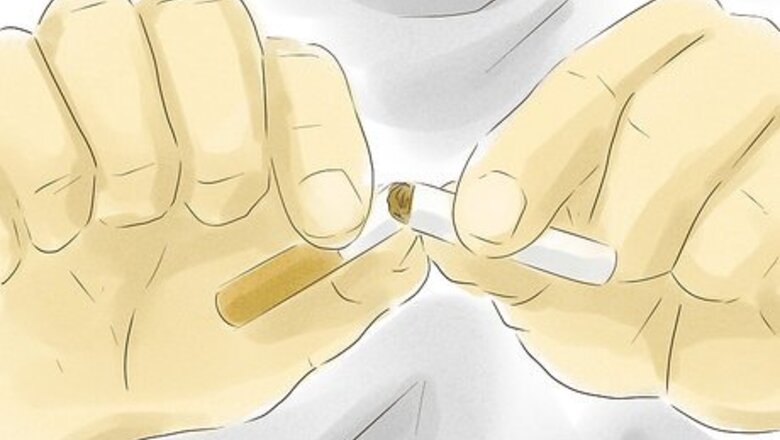
views
Reducing Your Risk Factors
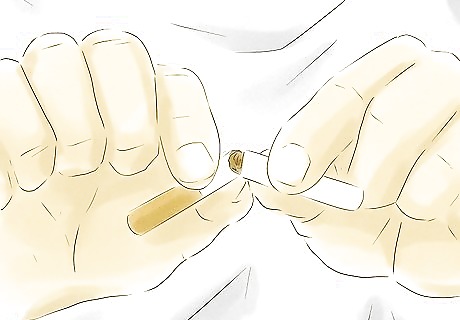
Stop smoking. Smoking increases your risk of developing ovarian cysts as well as increasing your risk for other negative conditions such as cancer and emphysema. If you smoke, ask your doctor for help with quitting. There are medications and smoking cessation programs available that may help you quit.

Lose weight. Being overweight can contribute to your risk of developing conditions such as polycystic ovary syndrome (PCOS), which increases your risk of ovarian cysts. If you are overweight, then do what you can to get down to a healthy weight. For women who have PCOS, losing just 10% of their weight can resolve the problem and is usually a more realistic goal. Start a food diary to keep track of how much you eat each day. Limit your caloric intake so that you burn more than you eat. Eat more fruits and vegetables. Exercise for at least 30 minutes five days per week.
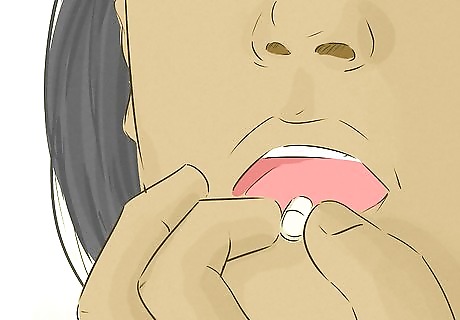
Consider taking birth control. Birth control pills are often recommended as a way to prevent ovarian cysts. Birth control pills may also reduce your ovarian cancer risk. Talk to your doctor if you are interested in trying birth control to help control your ovarian cysts. Just keep in mind that birth control pills have other side effects as well. Birth control works by suppressing ovarian function and preventing ovulation. For this reason, pills, patches, rings, injections, and implants all work.
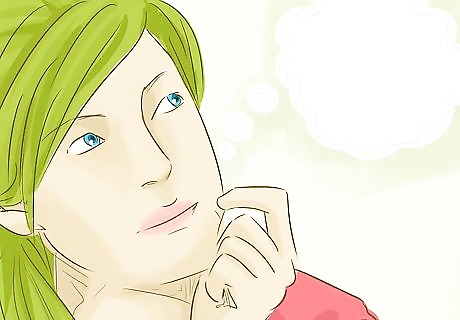
Get treated for conditions that increase your risk of ovarian cysts. Some conditions increase the likelihood that you will develop ovarian cysts, so it is important to get treated for these conditions. You are at an increased risk of developing ovarian cysts if you have: Polycystic Ovary Syndrome (PCOS) —This is a condition that causes your ovaries to produce cysts and you may not ovulate if you have PCOS. It is also more common to have a high level of male hormones when you have PCOS. Endometriosis — This causes uterine tissues to grow outside of your uterus. This condition can cause pain, heavy periods, and infertility.
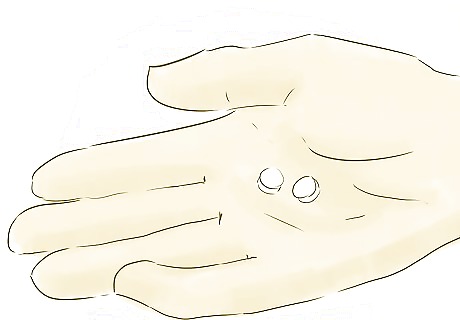
Determine if fertility medication may be to blame. Some medications that promote ovulation may also increase your risk of developing ovarian cysts, but make sure that you talk to your doctor before stopping any medication. If you are taking clomiphene (a fertility drug) then you are at an increased risk of developing an ovarian cyst. Clomiphene is also known as: Clomid Serophene
Dealing with Painful Cysts
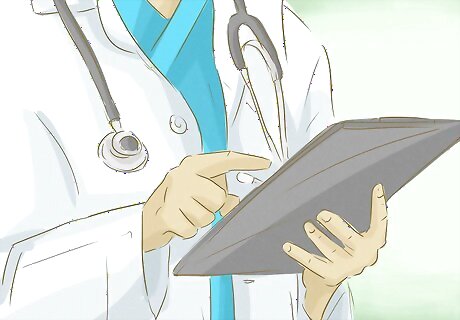
Make an appointment with your gynecologist. If you are experiencing pain or other side effects from ovarian cysts, then it is important to let your gynecologist know. Your gynecologist may advise a “wait and see” approach, also known as watchful waiting. Your gynecologist may also want to do an ultrasound a few weeks after you become aware of the cyst to see if it is still there.
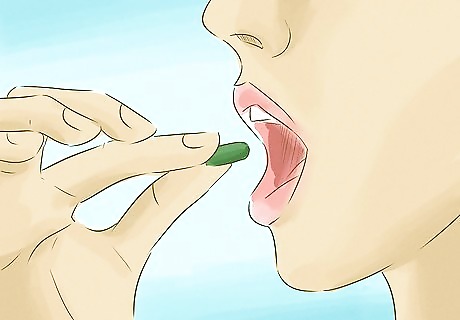
Take an over-the-counter pain reliever. Over-the-counter pain relievers such as acetaminophen and ibuprofen can provide relief for painful ovarian cysts. Make sure that you read and follow the manufacturer’s instructions before use. Talk to your doctor if you are not sure what or how much to take.
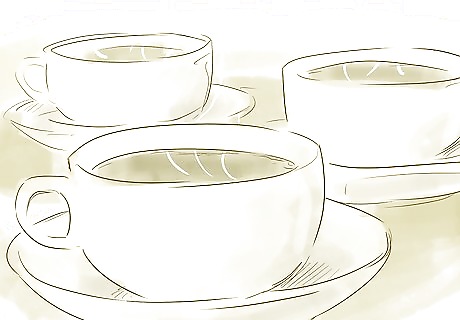
Drink soothing herbal teas. Sipping a cup of herbal tea may also help to relieve some of the pain caused by ovarian cysts. The warmth of the tea can help to relax you muscles and serve as a nice relaxing distraction. Some good teas to try include: Chamomile Peppermint Raspberry leaf Decaffeinated green tea

Apply heat. A heating pad applied to your lower abdomen may also help to relieve some of the pain caused by ovarian cysts. You can use either a hot water bottle or an electric heating pad. Place the heating pad on your lower abdomen for about 10 – 15 minutes at a time. Take breaks in between uses to avoid overheating your skin.

Try to relax. A stressed state of mind may make pain seem worse, so try to take some time for yourself and relax as much as possible while you are dealing with an ovarian cyst. Some good stress relieving activities include: Playing with a pet Going for a walk Taking a bubble bath Writing in a journal Calling a friend Listening to music Watching a funny movie
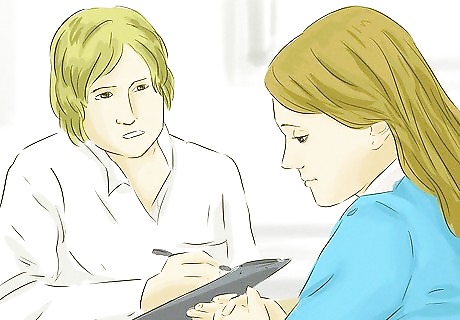
Talk to your gynecologist about surgical options. If cysts are large or if they are causing other symptoms, then surgery may be necessary to remove them. Surgery may also be necessary if there are concerns that a cyst may be cancerous. Surgery for ovarian cysts may be performed using: Laparoscopy — For smaller cysts, the surgeon can make a small incision and remove the cyst with the help of a laparoscopic camera. Laparotomy — For larger cysts, it may be necessary to make a longer incision to remove the cyst.











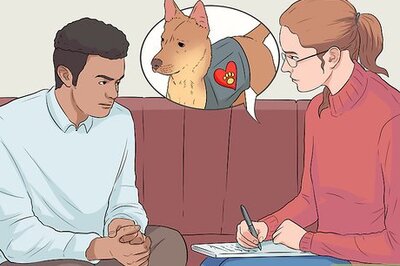
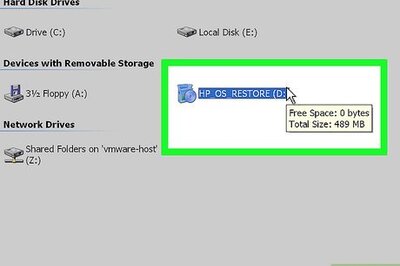
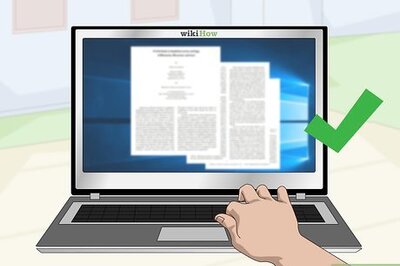
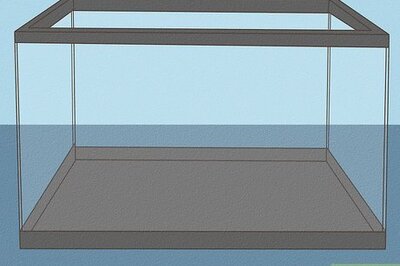


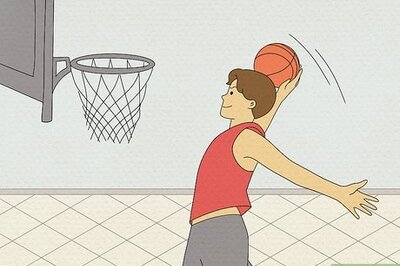
Comments
0 comment